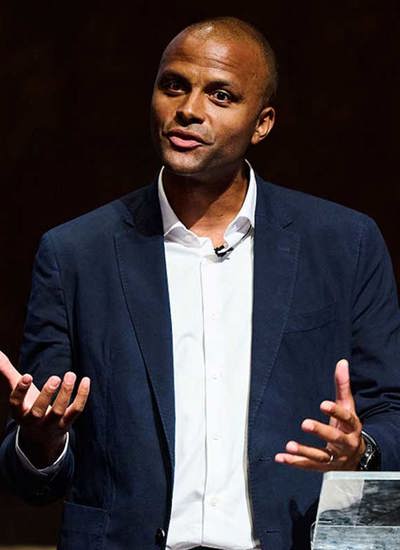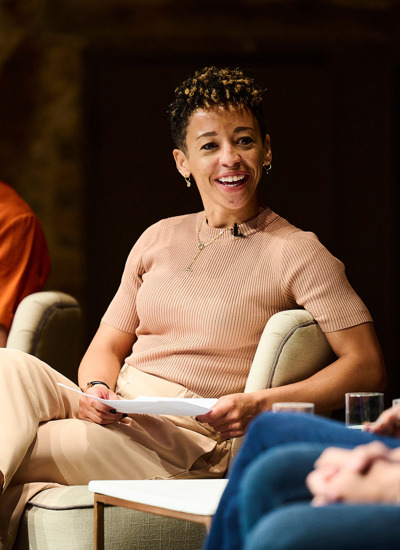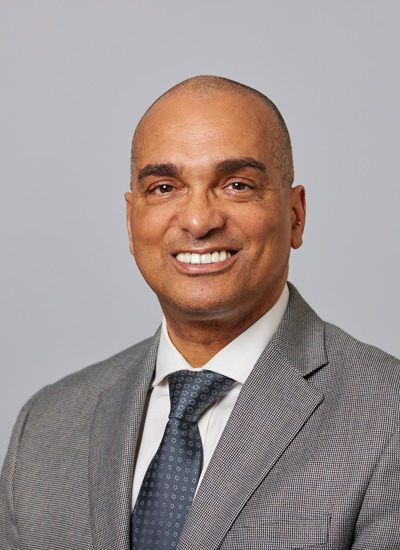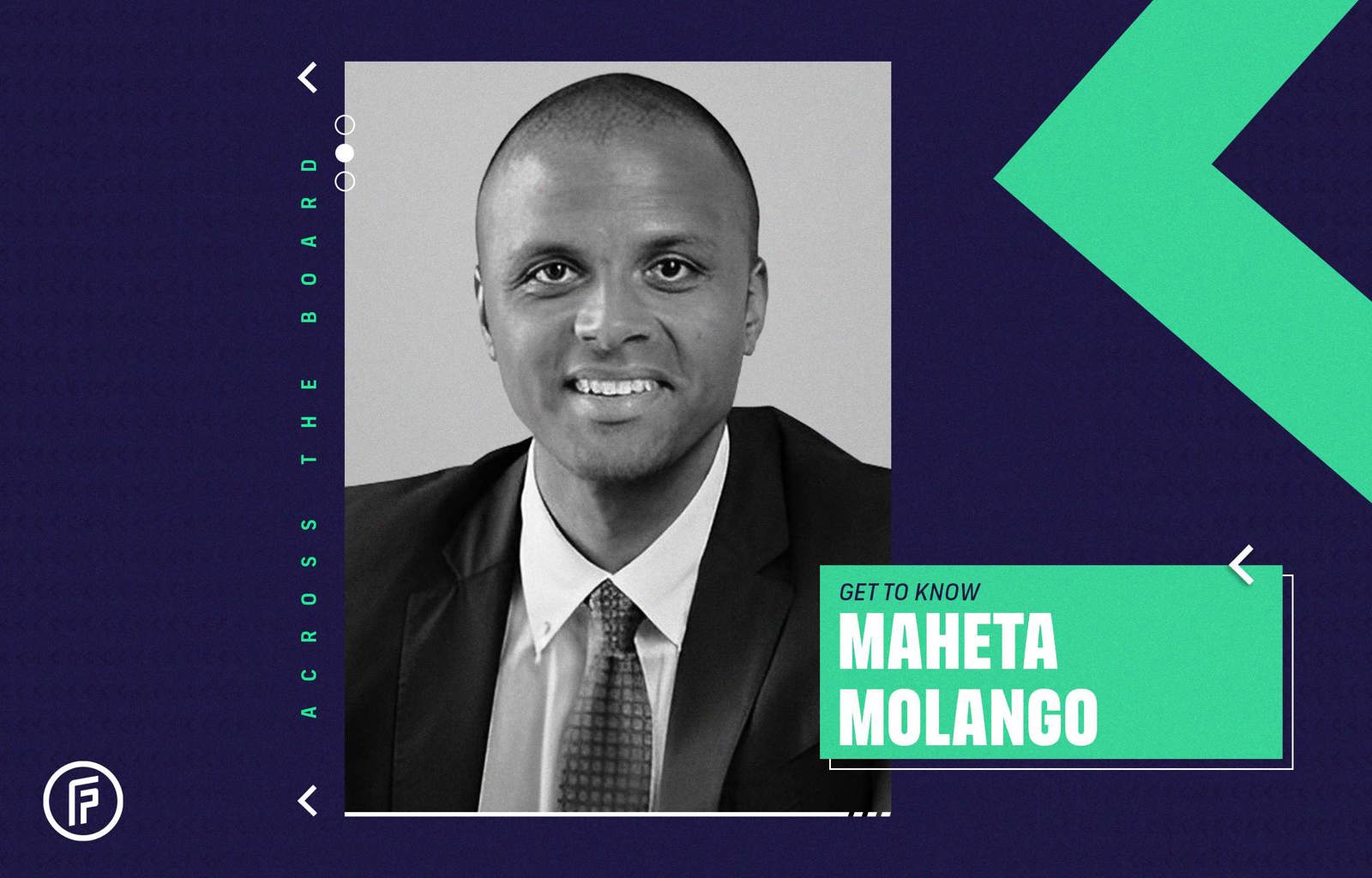
FIFPRO introduced an 18-person board, the most diverse in the global player union’s history, during its General Assembly in November 2021.
Across the Board aims to profile all 18 board members. This time, we talk with Maheta Molango, the Chief Executive Officer of the English Professional Footballers’ Association, who in January joined the board, replacing Bobby Barnes.
Mahetha Molango
- Chief Executive Officer of the English Professional Footballers’ Association (PFA) since 2021
- FIFPRO Board Member since January 2023
- Chief Executive Officer of Real Mallorca
- Associate at Baker McKenzie in Madrid
- Law and Political Science & Government degrees from University of Madrid
- Qualified Lawyer in New York
- Professional footballer in Spain, Germany, England and Wales
Congratulations on your new position, Maheta. Can you tell us about your background?
Maheta Molango: I have a bit of an unusual journey. I grew up in Switzerland and after we won the Under-19 championship with FC Biel-Bienne, I was scouted by Atletico Madrid. I stayed in their academy, then went on to play in Germany and England. Whilst I was playing, I studied Law and Political Science and obtained a degree in both studies. After I quit playing, I joined law firm Baker McKenzie in Madrid, where I pushed for the creation of a sports department that would focus on advising sports people: players, agents, federations, clubs and investors. I co-directed that department and in that role I also worked as a legal counsel for Atletico Madrid, before one of the clients I had at Baker McKenzie decided to purchase a club in Spain following our recommendations and asked me to become Chief Executive Officer at Real Mallorca. We had a rough start there, as Mallorca had been relegated to the third tier. But in the following two years we won back-to-back promotions, moving up to La Liga, which was amazing. And then the opportunity to join the PFA came about.
For me and my family, football was never the plan. It was always a question of studying and getting a so called “proper job”. My biggest challenge was combining competing at a high level and studying at university. On the way back from games, I had to prepare for exams, while everyone else was playing poker or listening to music on the coach. But I was determined, it wasn’t as bad as it sounds now.
In my playing career, I experienced the difficulties of football and its ruthless nature: being dropped from the line-up, not being selected, having a contract but the club saying they don’t count on you, being forced to train alone, being sent on trial with the new club telling you they didn’t knew you were coming, your agent not being there in difficult moments. I know that players sometimes need someone who will stick their neck out to defend you. In football, you notice behaviour that in a normal job would not be tolerated, but in football it is somehow accepted. People think that because you play football and get paid well, you are like an invincible robot, which you are not. A lot of players are struggling with that.
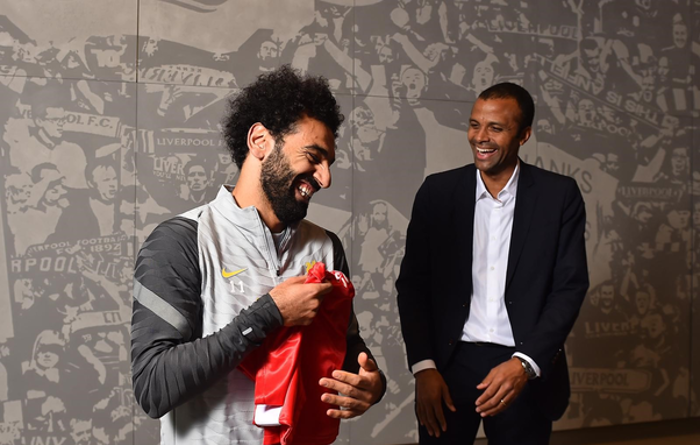
Which accomplishments with the PFA are special to you?
One of my goals was to ensure that the PFA should not be about what I think is right, but rather what the players want from us. Hence, I started visiting as many clubs as I could, starting with the Premier League and Women’s Super League, and going down the various divisions. Last week, I was at Wycombe Wanderers in League One. I came to realise that the players in all five leagues face similar problems. Although people think that the Premier League is very successful and everything is fine, the reality is that a lot of those players are struggling with a number of things, such as problems with clubs, agents, and tax authorities.
I also realised that football and society have evolved in terms of the type of issues which are important to players today. For example, you see a lot of players who have a keen interest in sustainability and climate change. It's a generation that wants to be associated with certain values and if they go to a place where there's no kind of alignment with their values, they lose interest. People appear to be more value or purpose-driven, instead of career or financially-driven. This requires that we as a union make sure that ultimately, we don't do what we think is right – but we do what the players want us to do. We need to become a platform for their voice.

Why did you want to become a FIFPRO board member?
I have two reasons. The first is the recognition that a number of key issues that affect our members can only be solved internationally, such as the match calendar and the future governance of international football. Secondly, we have a responsibility towards FIFPRO and the other unions to leverage the power that England and the PFA can have in those international discussions. Almost 20 percent of players that participated in last year’s World Cup play their club football in England, and 65 percent of the players in the Premier League are overseas players. They can see the value of our union, go back home, and support their local unions. We can help strengthen all those unions.
What is your vision for FIFPRO?
I'm believe FIFPRO has a big role to play in the international discussions and needs to play an even bigger role. What we learned during the Covid-19 pandemic is that there is no game without players. People have realised how important the players are. Players themselves are realising that they have a strong voice and can drive tangible change by working together. We have a big opportunity when we make players understand better what FIFPRO can do and what FIFPRO is doing for them; get some of the thought leaders behind our cause and better leverage their voice to ensure that we have more strength at the negotiation table.
It's a crucial moment in the history of football with a calendar discussion, with a new format of competition, and we need to be part of the discussion, and we need to be strong at that negotiation table. It's powerful to hear from us, but it's more powerful to hear directly from the players when it comes to the issues that they are facing. We saw that very clearly when we organised a meeting with FIFA in Manchester, where Paul Pogba, Kasper Schmeichel, Steph Houghton, Fernandinho, Harry Maguire, Lucy Bronze, Juan Mata, and others were all around the table, conveying their concerns directly, and making their voice heard.
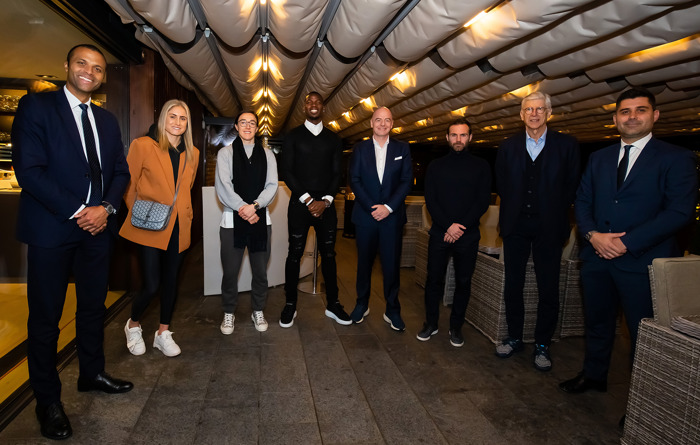
What gets you excited about your job at the moment?
The ability to influence the future of the game in a crucial moment for football. There are so many new investors coming into the game with new perspectives in terms of the direction of football. Now is the time to actually protect the game, if we want it to continue being what it used to be. I am very concerned about the fact that few people actually think about the quality of what we see on the pitch and about protecting the product. They think about the finances, but if you don’t protect the product, you end up killing it. Football is in danger. There are so many sources of entertainment, that if we're not careful, the new generation of fans will lose interest.
I think that there's a value in scarcity. Even though I love football, sometimes it's just too much. It's almost like an overdose of games and football. There's a value in looking forward to something, which we've lost a little bit.
